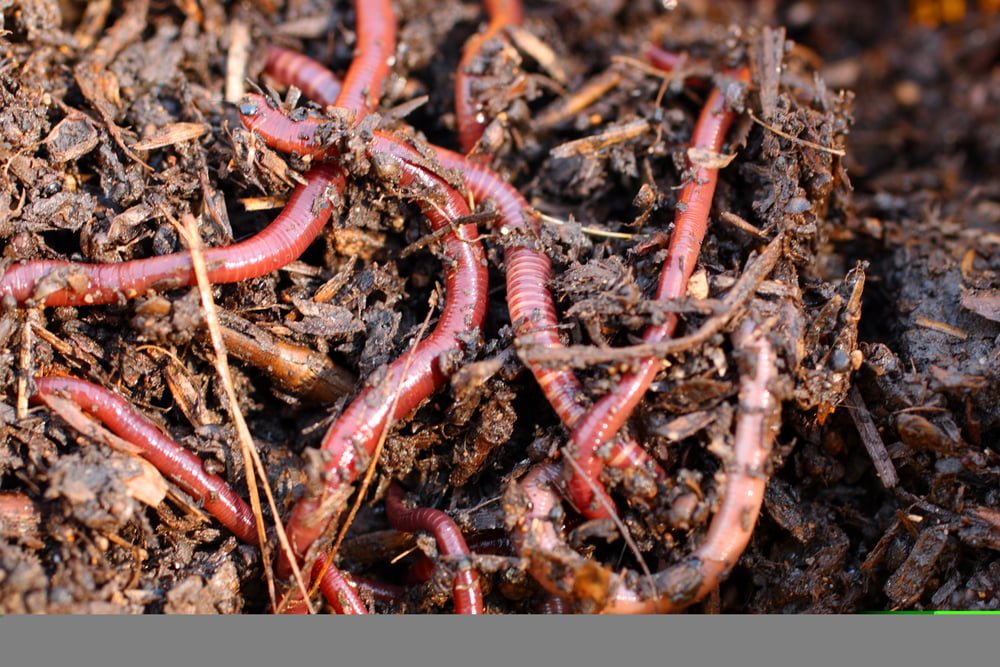
Garden composting is a critical component of organic gardening, providing you with rich soil that’s safe for your plants.
Vermicomposting uses earthworms to create fertilizer and soil conditioner from garden waste and kitchen scraps. Worms are a highly effective means to create compost that’s rich in nutrients and extremely kind to the environment.
Many gardeners have already adopted this approach to composting.
How Worm Composting Differs from Traditional Methods
All compost efforts require four key ingredients: green material (plant cuttings and kitchen scraps), brown material (dead leaves, straw, shredded paper), air and water.
The chemical process of vermicomposting works like traditional composting, but the worms handle the turning process, which adds air to fuel the breakdown. This means you don’t have to turn your pile, and it virtually eliminates the risk that your pile will heat up and catch fire.
The compost that results from using worms is preferable to many gardeners as well. Traditional compost is composed of larger, chunkier pieces and a coarse texture, while vermicompost is fine and granular, and more versatile in the garden.
Selecting Your Containers
You can use any commercially produced worm bin, but you can also create your own quickly and easily.
The size of your bin will depend on where you plan to store it. If you prefer to keep it outside, ensure that it’s in a sheltered area, shaded from the sun and protected from frost. During the cold months, you may prefer to bring your bins into the garage or basement.
Although you can use a variety of materials for your bins, look for something that will last for several years. Metal bins can rust as well as release heavy metals into your compost. Wood rots quickly, and some types emit an oily residue that can harm the worms.
Most experts recommend using heavy-duty plastic for worm bins. Look for bins that are 8 to 12 inches deep.
Your containers will need ventilation above the soil line or in the lid, as well as drainage holes in the bottom and a collection tray for the liquid runoff, known as chelate. In addition to the compost, chelate works as a fertilizing liquid and pest deterrent for your outdoor plants.
Above all else, make sure your bins won’t allow your precious worker worms to escape!
Choosing Your Worms
Traditional nightcrawlers won’t work for this purpose. Instead, most experts recommend using redworms (also known as red wigglers) and manure worms.
To determine how many you need, collect your kitchen scraps (vegetable matter only!) for a week. Weigh it and divide by seven to determine your average daily volume. For every daily pound, you need about two pounds of worms (approximately 2,000).
You may want to start out with a lower number, as your worms will reproduce prolifically if you feed them well.
Millcreek Gardens of Salt Lake City is your locally owned and operated garden center. Our expert staff can answer any questions and help you select the ideal plants, trees, rose bushes and gardening supplies for your needs.
Stop in and see us today to learn more about garden composting, fertilizers and soil amendments.


